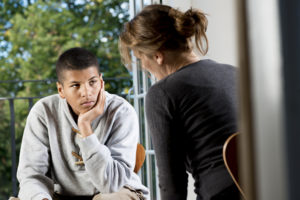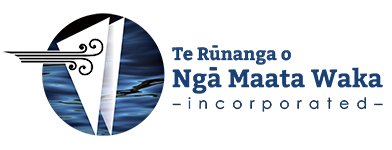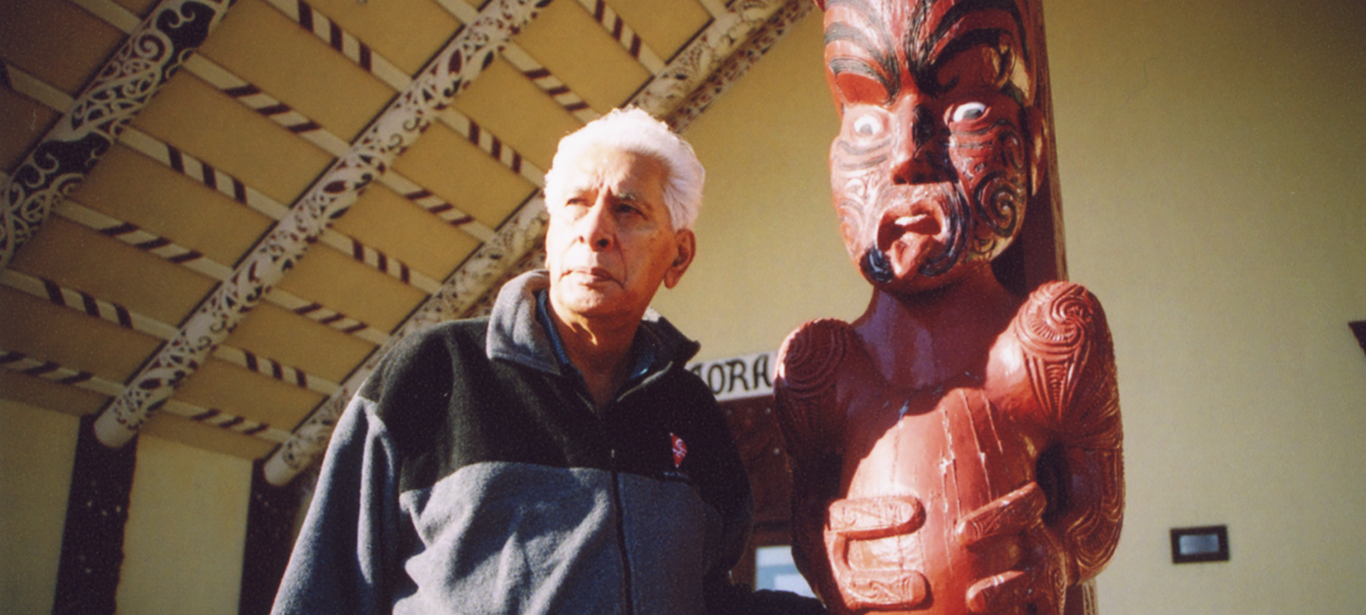New Zealand Certificate in Health & Wellbeing
(Social and Community Services – Level 4)
Our Education Pastoral Care Code of Practice outlines the principles and guidelines we follow to ensure the safety, well-being, and support of our students. It reflects our commitment to providing a nurturing environment where students can thrive both academically and personally. You can access our full Code of Practice below:
2024 Code-Review
What is it?
The New Zealand Certificate in Health & Wellbeing is comprised of unit standards on the National Qualifications Framework at Level 4. This qualification is delivered in clusters and is offered as a one-year full-time study programme.
The work experience placement components allows the student to study practice models in the field and implement the practice skills acquired in the classroom.
On successful completion you will be awarded the New Zealand Certificate in Health & Wellbeing (Social and Community Services) (Level 4) with strands in Social Services
Graduates of this qualification are not eligible for registration as a Social Worker.
Brief History
Te Rūnanga o Ngā Maata Waka is an established and respected provider of private education in Ōtautahi; our history of successful programme delivery spans more than a decade. We are registered and accredited to deliver programmes to level 6 on the New Zealand Qualifications Framework. Currently we are the only Māori organisation in the South Island accredited to deliver Social Work to this level.
We pride ourselves on the delivery of quality education that meets the needs of Māori and non-Māori students. The National Diploma is based on kaupapa Māori and delivered in a way that facilitates bi-cultural learning.
Programme delivery at Ngā Maata Waka is designed to acknowledge and value the life experience of adult students. We encourage adult learners to take responsibility for their own learning and we see ourselves as supporting and enabling that to happen in a challenging, yet safe environment. We place great emphasis in our programmes on producing graduates whose ethical and competent practice maintains the integrity of the social service industry.

Graduate profile
Graduates of this qualification will be able to:
- engage and communicate with people, family and/or whānau accessing social and community services in a manner which respects their socio-cultural identity, experiences and self-knowledge
- relate the history of Māori as tangata whenua and knowledge of person-whānau interconnectedness to own role in a health and wellbeing setting
- display self-awareness, reflective practice and personal leadership in a health and wellbeing setting
- actively contribute to a culture of professionalism, safety and quality in a health and wellbeing organisation
- relate the purpose and impact of own role to the aims of the wider health and wellbeing sector.
- work alongside people, family and/or whānau in a social service setting to support autonomy by using tools and strategies to reduce vulnerability and build resilience.
Graduates of the Social Services strand can be employed in roles supporting people to reduce vulnerability and build resilience including family violence support, social justice advocacy, community development work and refugee support.
Create your own history
HE WHAKATAUKI
“I e tahi wa
Me mau ke
Ki te toihuarewa
Kia maiangi ake
I nga pororaru o te wa
Ka raparapa ki te uira
Tohu ara houThere are times
When we must
Grasp the opportunity
Take the risk
And create our own history”Grasp the opportunity
Your future is in your hands
Entry requirements
It is preferable but not necessary for applicants to have experience in a social agency or study in the social services. Entry to the programme will also be assessed by discussing with the prospective student their:
- Ability to use life experiences as opportunities to learn
- Ability to integrate life experiences in a way that fosters personal growth
- Ability to use life experiences to develop empathy for others
- Ability to be culturally sensitive and work cross-culturally
Ideally, Applicants must have:
- the ability or potential to study and learn at the required programme level
- literacy and numeracy skills appropriate tot he level of study
- basic computer skills that support learning and assessment activities within the programme
Applicants will be required to undergo a police check before being accepted into the programme as this impacts on the second year placements.
The selection process will include an interview.
Applicants must not have health or personal problems that may impact on programme participation or performance as a social services or community worker in a wide range of settings
Course information
Qualification: New Zealand Certificate in Health and Wellbeing (Social and Community Services)
Level: 4
Duration: Full-time: 1 year;
Applications: Open
Commences: Full-time: February
Fees:
- Full-time: $4,340.00 per year.
- Te Rūnanga o Ngā Maata Waka pays for Noho Marae visit for student up to the amount of $50.00
Extra Costs:
- Student ID: $7.00
- Code of Ethics: $8.00
- Human Development book: $15
- Law Course readings and disk $15
- Mandatory Text List: $767.97 (approx. at of time of printing. List supplied)
- Stationery, travel to work placements (Year 2)
- Photocopying: first 50 pages free then 10 cents a page.
- Replacement of lost Placement Journal: $30.00
- Replacement of lost time book: $30.00
Location: Te Runanga o Nga Maata Waka, Social Services Division, 250 Pages Road, Christchurch.
For more information please get in touch now and talk to us about how to enrol.
If you would like to register your interest in enrolling in the next intake for the Social Services and Community Work Course, fill in the online form here
![]()

